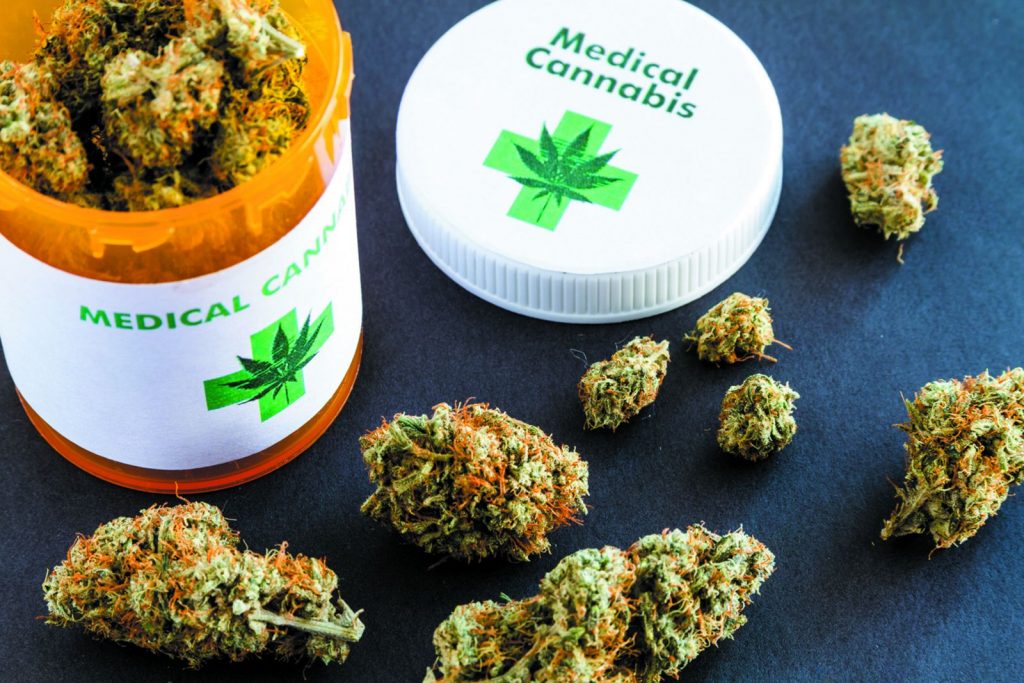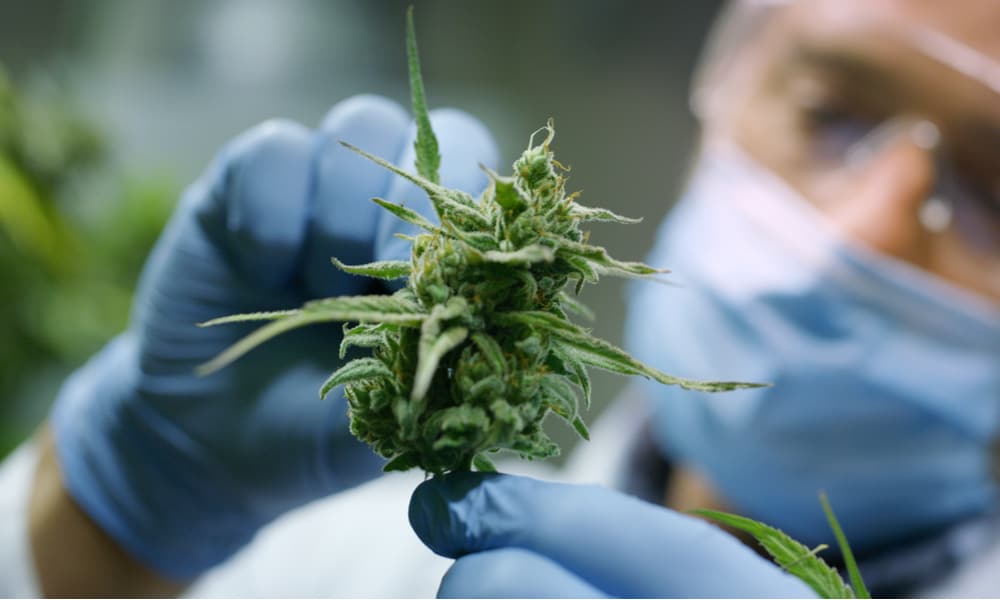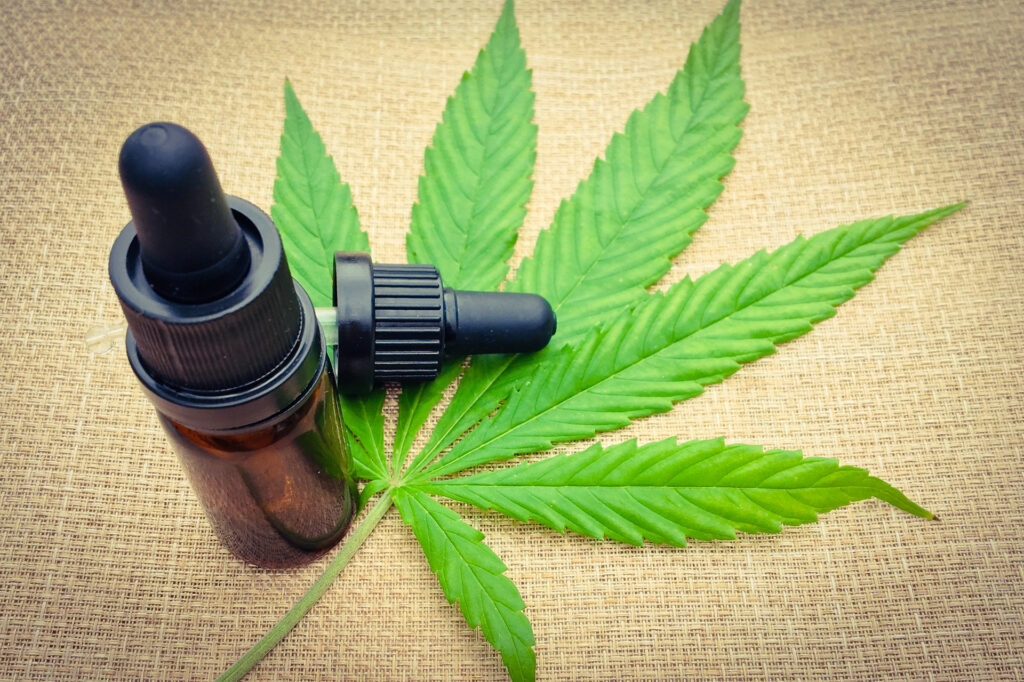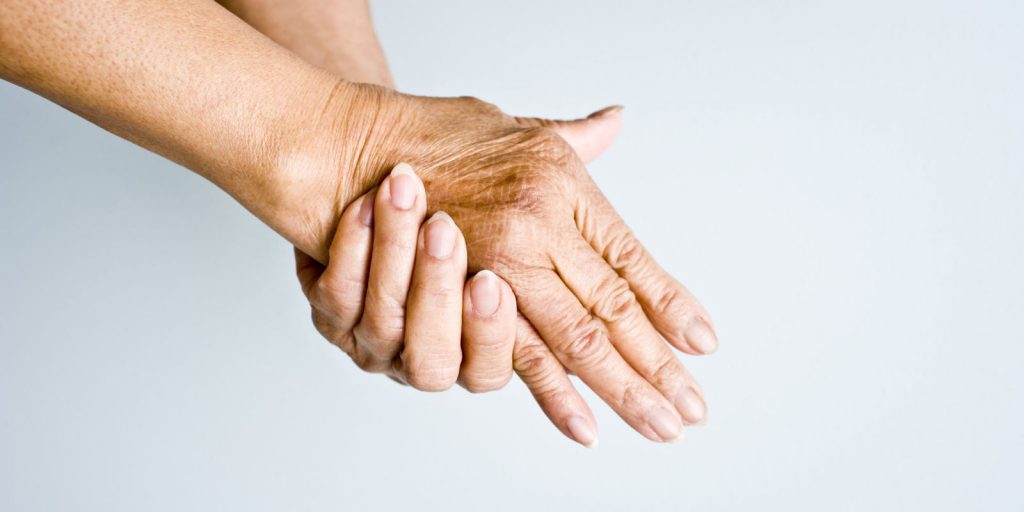More than half of U.S. states and the District of Columbia have legalized medical marijuana in some form, and more are considering bills to do the same. Yet while many people are using marijuana, the FDA has only approved it for treatment of two rare and severe forms of epilepsy, Dravet syndrome and Lennox-Gastaut syndrome.
Why hasn’t more research been done? One reason is that the U.S. Drug Enforcement Administration (DEA) considers marijuana a Schedule I drug, the same as heroin, LSD, and ecstasy, and likely to be abused and lacking in medical value. Because of that, researchers need a special license to study it, says Marcel Bonn-Miller, PhD, a substance abuse specialist at the University of Pennsylvania Perelman School of Medicine.
That may not change anytime soon. The DEA considered reclassifying marijuana as a Schedule II drug like Ritalin or oxycodone, but decided ito keep it as a Schedule I drug.
The agency did, however, agree to support additional research on marijuana and make the process easier for researchers.”Research is critically needed, because we have to be able to advise patients and doctors on the safe and effective use of cannabis,” Bonn-Miller says.
He shared some background on medical marijuana’s uses and potential side effects.
What is medical marijuana?
Medical marijuana uses the marijuana plant or chemicals in it to treat diseases or conditions. It’s basically the same product as recreational marijuana, but it’s taken for medical purposes.
The marijuana plant contains more than 100 different chemicals called cannabinoids. Each one has a different effect on the body. Delta-9-tetrahydrocannabinol (THC) and cannabidiol (CBD) are the main chemicals used in medicine. THC also produces the “high” people feel when they smoke marijuana or eat foods containing it.
What is medical marijuana used for?
Medical marijuana is used to treat a number of different conditions, including:
- Alzheimer’s disease
- Appetite loss
- Cancer
- Crohn’s disease
- Eating disorders such as anorexia
- Epilepsy
- Glaucoma
- Mental health conditions like schizophrenia and posttraumatic stress disorder (PTSD)
- Multiple sclerosis
- Muscle spasms
- Nausea
- Pain
- Wasting syndrome (cachexia)
But it’s not yet proven to help many of these conditions, with a few exceptions, Bonn-Miller says.





